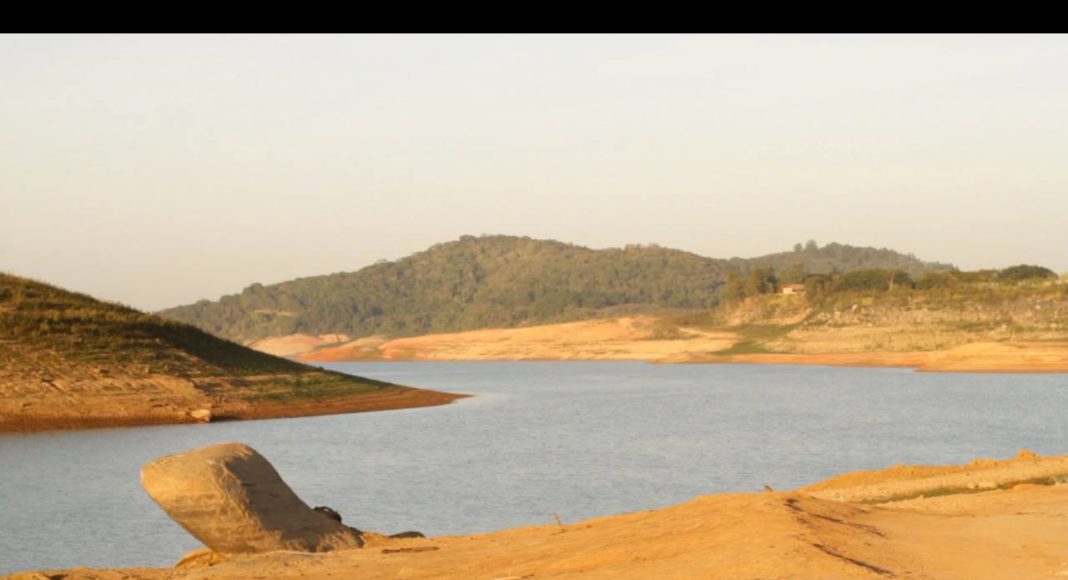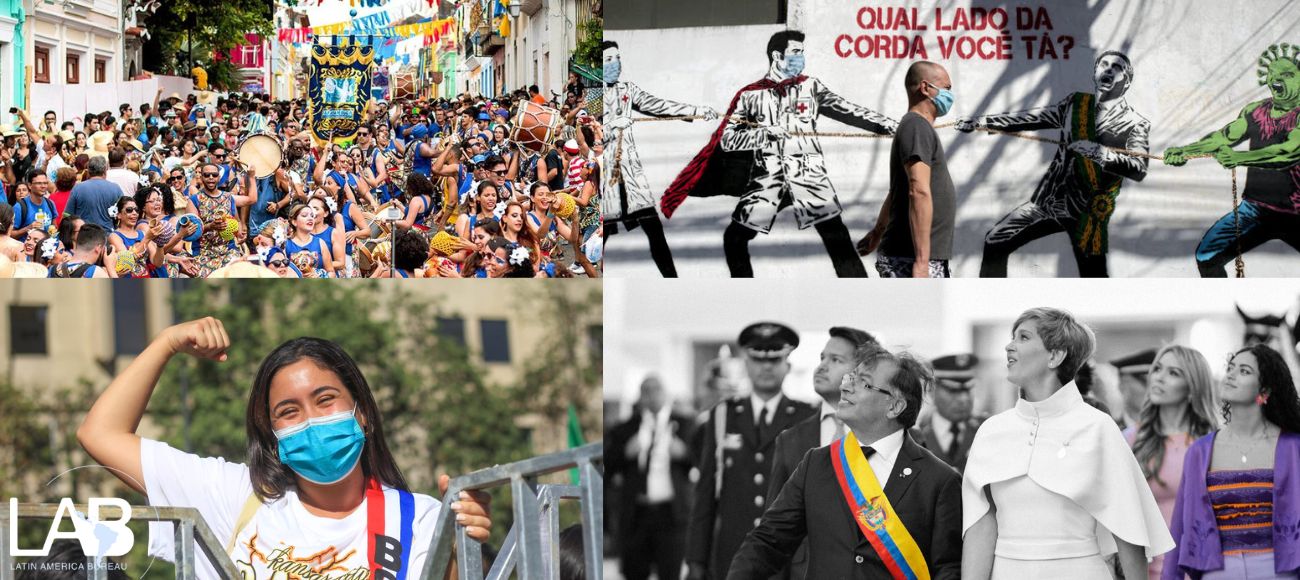Despite its serious political and economic implications, the water crisis is being tackled in a superficial way and without the appropriate clarity. Seeing this crisis as a moment to look critically at the way water is dealt with in the São Paulo megapolis, film director Caio Silva Ferraz took up the challenge of producing the documentary “Volume Vivo”.
 Volume Vivo is an audiovisual research project that intends to look at the causes of, and the solutions for, the São Paulo water crisis. It is asking the population to think about a fundamental issue – the way water is used in Brazil’s most populated area. The documentary will be available in six different episodes over the next few months on the internet.
Volume Vivo is an audiovisual research project that intends to look at the causes of, and the solutions for, the São Paulo water crisis. It is asking the population to think about a fundamental issue – the way water is used in Brazil’s most populated area. The documentary will be available in six different episodes over the next few months on the internet.
The series will deal with water management in both Greater São Paulo and in the towns in the interior of the state. It will look at the current state of the supply systems, the way government organisations in charge of water management function and the way plans are drawn up, each time a crisis erupts, to bring water from increasingly distant watersheds, as well as analysing the historic process of the privatization of water management in São Paulo.
The relationship between energy production and water will also be examined, as more than 70% of national energy production comes from hydroelectric power stations that are concentrated in the southeast region of the country. The fact that the worst affected region is also the country’s main economic pole means that the crisis has a direct impact on the national economy. The documentary will discuss the role played by water in energy generation in Brazil and the possible impact of hydroelectric plants in the natural rain cycles.
The documentary will also look at the link between forests and water production, showing the importance of the rain cycles and the protection of regional water sources, as well as discussing the importance of the Amazon forest, in that this is where a large part of São Paulo’s water comes from.
It is necessary to think about sustainable solutions for water management and the documentary will map solutions for the current water crisis in São Paulo through the presentation of technologies and practices that have been used on a small scale in Brazil and in the rest of the world. Bringing together those initiatives proves that it is possible to develop a respectful and responsible relationship with water. Amongst the initiatives discussed are the treatment of sewage and its reuse, rain water capture, the restoration of ponds and rivers through plants, the recuperation of springs and other projects that are already giving results.
Because of the urgency in debating this topic, the producer plans to raise money through crowd funding so that he can have six months for production, research, interviews, editing, animations, coordination and the release of the material on the internet. The crowd funding will mean that everyone concerned with this cause will be able to support the construction of educational and relevant content and to strengthen an independent project. Contributions can be made until next Wednesday (November, 5) via Sibite platform.
To follow the project on facebook, please access here.


